The Australian Financial Review’s Michael Read demonstrated how Australia experienced a sharp reduction in living standards during the third quarter of 2023, an outcome not seen within the OECD as a whole.
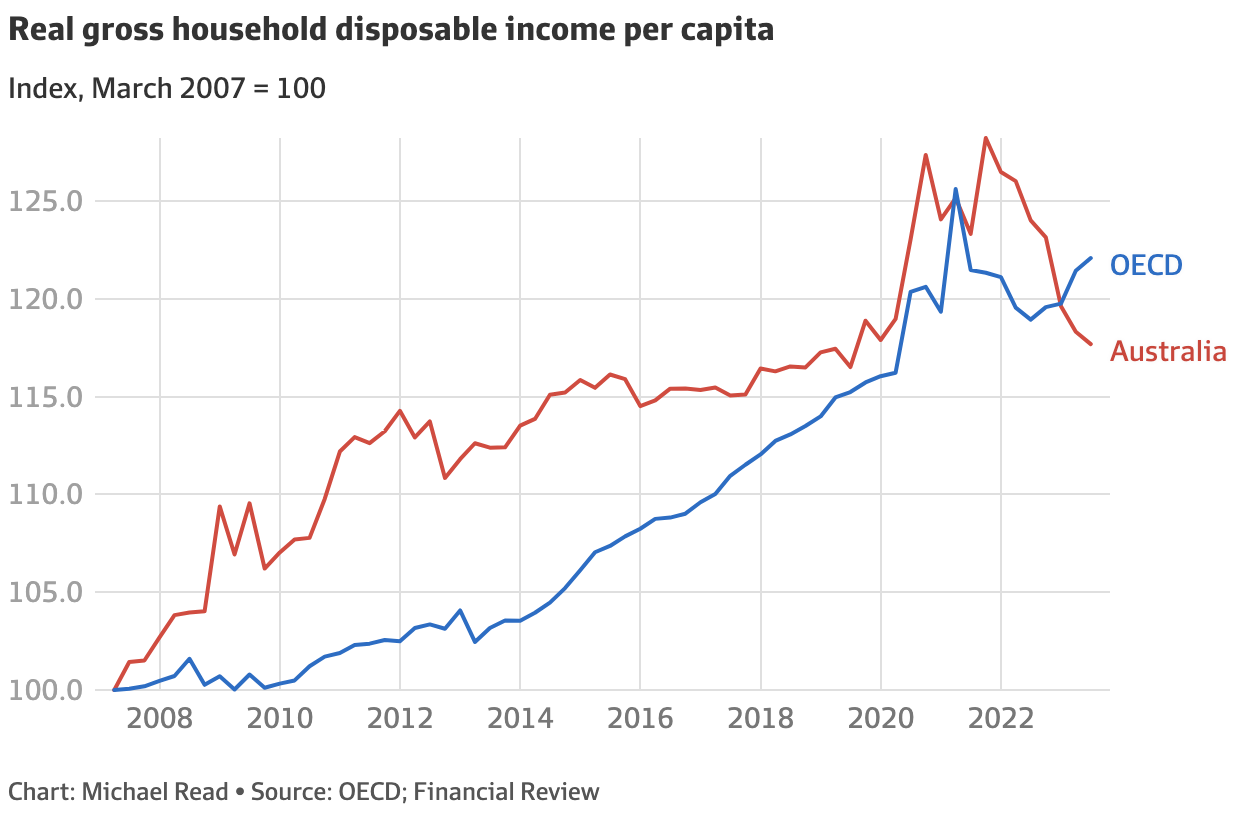
Productivity is the key to income levels and it has been falling in Australia. Real output per hour worked, following a brief post-lockdown recovery (the red line below) on the latest data (the June quarter of 2023), was over 7 per cent below the average level at the March quarter of 2022. The widening gap between wages (the blue line below), which continues to grow, albeit sluggishly, and productivity is unsustainable. Inflation is inevitable with such a gap.
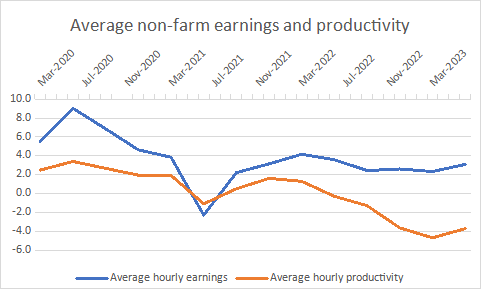
Source: RBA
The present government, after a year and a half in office, cannot escape blame for these outcomes.
Indeed, the Albanese government, though posing as moderate, in almost every decision it takes, seeks to take away or pre-empt the use of resources that would contribute to higher living standards.
In aggregate terms its spending at 26.5 per cent of GDP, though a reduction on the excesses of the Morrison government’s Covid expenditure levels, is a considerable increase on the 24.5 per cent levels pre-Covid. Prominent new spending includes wage increases for health and other public service personnel, assistance to renters and for ‘affordable housing’, and government overriding business outcomes with ‘winner-picking’.
‘Winner picking’ is dominated by what the government claims to be the biggest ever investment in Australia’s energy transformation. This includes an extra $4 billion for renewable energy and the ‘$15 billion National Reconstruction Fund, to support the development of green industries’. These measures build upon existing spending of $10 billion a year in taxes and regulatory impositions, all of which redirect funds from productivity-enhancing venues, a further $4 billion in grid-scale wind and solar, $3.3 billion in rooftop solar, and $600 million in batteries. In addition, the government is spending $2 billion in a new ‘Hydrogen Headstart’ program, geared to the will-o’-the-wisp that hydrogen can be an energy source.
The supposed fulcrum of its energy policy is to prevent global emissions of greenhouse gases by suppressing domestic coal use. That raises costs, fostering the transfer of energy-intensive industries to China and other ‘third world’ nations that use … coal (!).
Peter Ridd has outlined other sledgehammer blows governments are implementing in reducing growers’ water allocations in Australia’s most important farming province, the Murray-Darling and identified restraints on fishing in Queensland and timber harvesting in Victoria and Western Australia. In addition to having a role in all these matters, Environment Minister Tanya Plibersek is actively vetoing new projects. She has triumphantly prevented a political adversary, Clive Palmer, from developing a major new mining venture on the spurious grounds that it might adversely affect the Great Barrier Reef. She also foreshadowed a revisiting of other businesses’ permits to mine in the general area.
Tony Burke in pretending to close loopholes in Australia’s labour regulations (already more intrusive than in any other major economy) is trying to force the unionisation of part-time, occasional and contractual workers. In a rare show of dissent, business is contesting this with an expensive advertising campaign, which recognises that the consequences would be a loss of productivity akin to that in the commercial building industry (where the ‘CMFEU effect’ reduces Australia’s productivity by 25 per cent compared to that of the US).
Labor has a natural predilection to increase spending, hoping that this will not adversely affect the productive potential of the economy, the workings of which its leaders rarely understand. The only successful ALP government, that of the 1980s Hawke-Keating, was able to compensate for its increased spending by unleashing a productivity dividend from deregulation and competition reforms. That government also benefitted from having a Finance Minister, Senator Peter Walsh, who was heavily focused on reducing waste.
Albanese does not have these shots in his locker and the chickens of his government’s increased spending and amplified regulation are already coming to roost in the form of declining living standards. Opinion polls are starting to reflect this and, together with a hostile reaction to its desperate attempts to placate its base Islamicist support, will likely bring about a crushing defeat at the next election.
Got something to add? Join the discussion and comment below.
Get 10 issues for just $10
Subscribe to The Spectator Australia today for the next 10 magazine issues, plus full online access, for just $10.

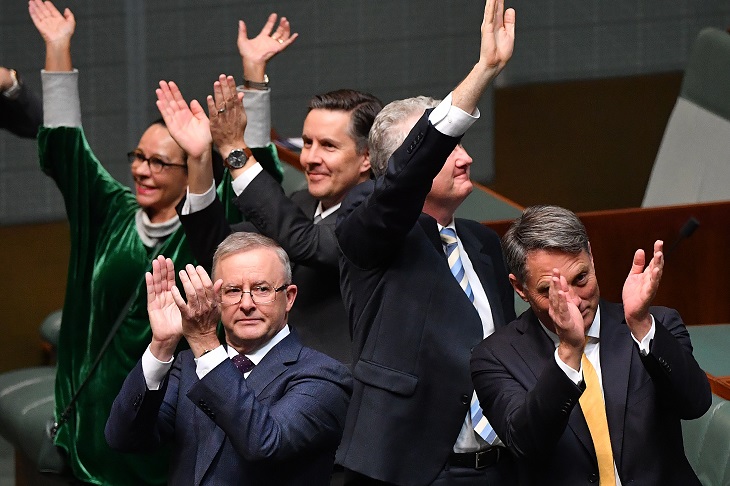
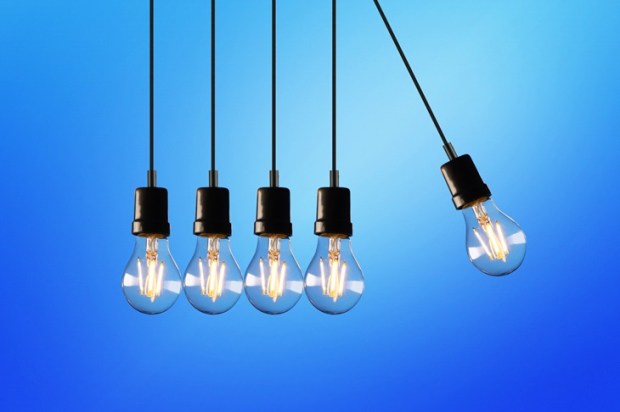
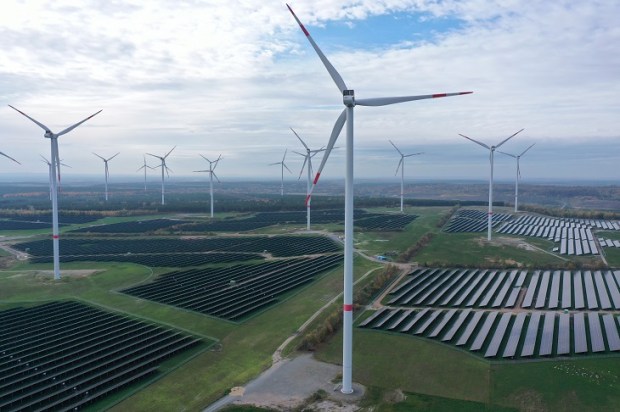
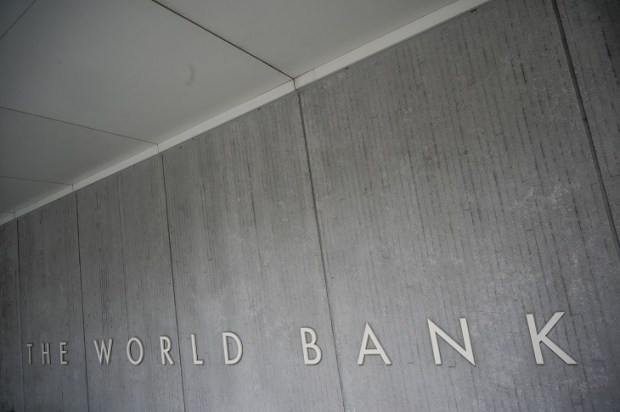
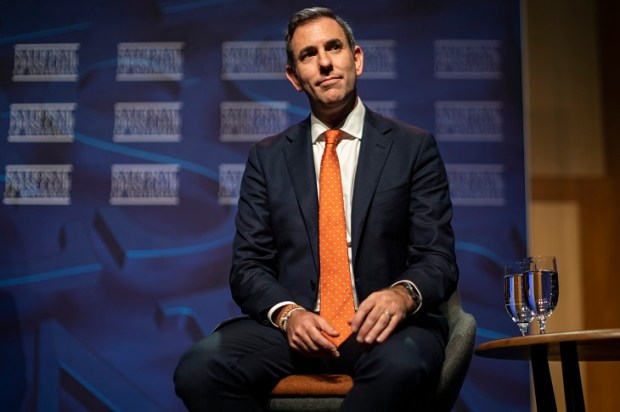
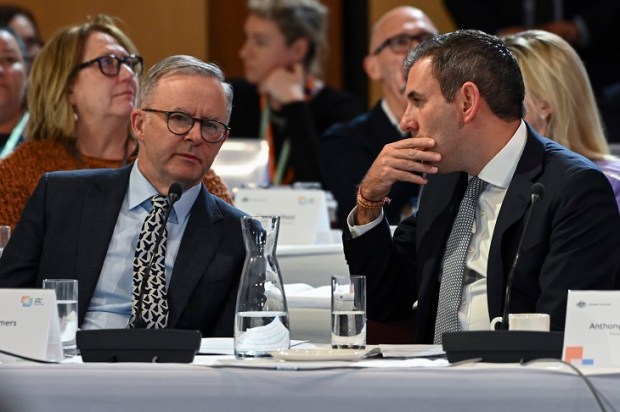
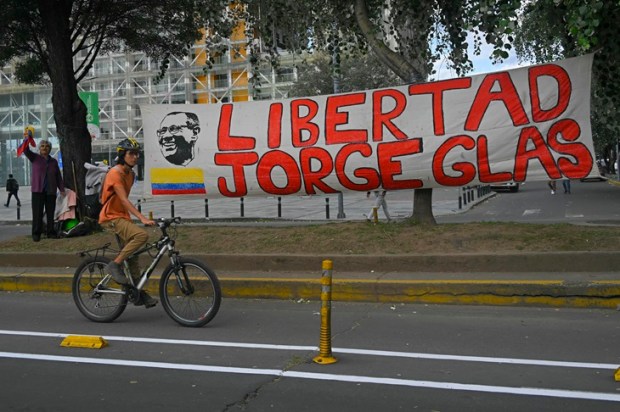


















Comments
Don't miss out
Join the conversation with other Spectator Australia readers. Subscribe to leave a comment.
SUBSCRIBEAlready a subscriber? Log in